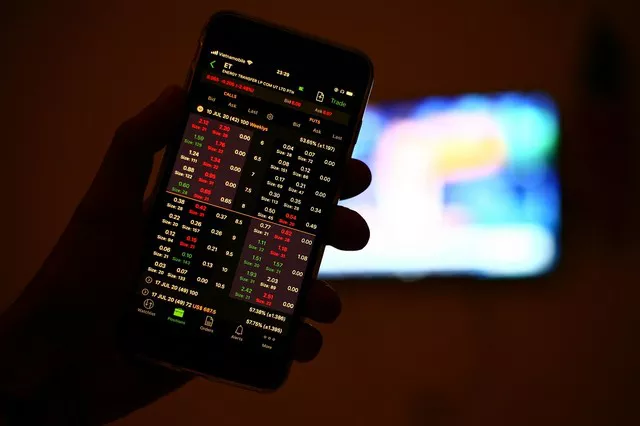Futures trading plays a crucial role in global financial markets, allowing investors to speculate on the future price movements of various assets. Unlike traditional stock markets that have specific trading hours, futures markets operate within designated timeframes. In this article, we will explore the trading hours of futures markets, including key considerations and factors that traders should be aware of.
What are Futures Markets?
Futures markets are financial exchanges where participants trade standardized contracts, known as futures contracts. These contracts represent an agreement to buy or sell an underlying asset at a predetermined price and date in the future. Futures contracts are available for a wide range of assets, including commodities, currencies, stock indexes, and more.
Trading Hours of Futures Markets
Futures markets have specific trading hours that define the times during which investors can actively participate in buying and selling futures contracts. These trading hours are established by the respective exchanges where the futures contracts are traded. Here are some key points to consider:
-
Global Nature of Futures Markets
Futures markets operate across different time zones, allowing traders from around the world to participate. As a result, trading hours can vary depending on the specific futures exchange and the asset being traded.
-
Regular Trading Hours
Most futures markets have designated regular trading hours, during which the majority of trading activity occurs. These hours are typically set to align with the local business hours of the exchange and the region it serves. Regular trading hours often span multiple hours and may include a pre-market session and a post-market session.
-
Extended Trading Hours
In addition to regular trading hours, some futures markets offer extended trading hours. These extended hours allow traders to engage in trading activities beyond the regular session. Extended trading hours can provide increased flexibility for traders, enabling them to react to news events or market developments that occur outside of regular trading hours.
Factors Affecting Trading Hours
The trading hours of futures markets can be influenced by several factors, including:
-
Exchange Policies
Each futures exchange has its own policies and determines the specific trading hours for the contracts listed on its platform. Exchange operators consider factors such as market demand, liquidity, and operational considerations when establishing trading hours.
-
Asset Class
Different asset classes have different trading hours based on their unique characteristics and global market participation. For example, commodities futures, such as gold or oil, often have trading hours that align with the respective commodity markets. Currency futures may have extended trading hours to accommodate global forex trading.
-
Time Zones
Trading hours are influenced by the time zone of the exchange and the region it serves. For example, futures exchanges in the United States typically operate based on Eastern Standard Time (EST) or Central Standard Time (CST). European futures exchanges operate on Central European Time (CET), while Asian exchanges operate based on their respective local time zones.
-
Market Liquidity
Trading hours may be adjusted to ensure sufficient market liquidity. Exchanges aim to provide active trading periods when there are enough buyers and sellers in the market to facilitate efficient price discovery and execution of trades.
Key Considerations for Traders
When engaging in futures trading, it is important for traders to consider the following:
-
Trading Schedule
Familiarize yourself with the trading hours of the futures markets you wish to trade. Ensure that your trading schedule aligns with the active trading hours to take advantage of market opportunities.
-
Pre-Market and Post-Market Sessions
Some futures exchanges offer pre-market and post-market sessions, allowing traders to place orders and react to market developments before or after the regular trading hours. Be aware of the availability and characteristics of these sessions if you wish to participate in extended trading hours.
-
Overnight Trading
Some futures markets may have overnight trading sessions, allowing traders to take positions and manage their portfolios outside of regular trading hours. Consider the risks associated with overnight trading, such as potentially lower liquidity and increased price volatility.
-
Market News and Events
Stay informed about market news and events that can impact futures prices, even outside of regular trading hours. Significant news announcements or economic data releases can have a significant effect on futures markets when they reopen.
Conclusion
Futures markets have specific trading hours that define the periods during which investors can actively trade futures contracts. These trading hours vary across different exchanges, asset classes, and time zones. It is crucial for traders to be aware of the trading hours, consider factors such as liquidity and market characteristics, and align their trading schedule accordingly. By understanding the trading hours and related considerations, traders can effectively plan their trading strategies and make informed decisions in the dynamic world of futures trading.


